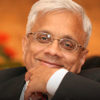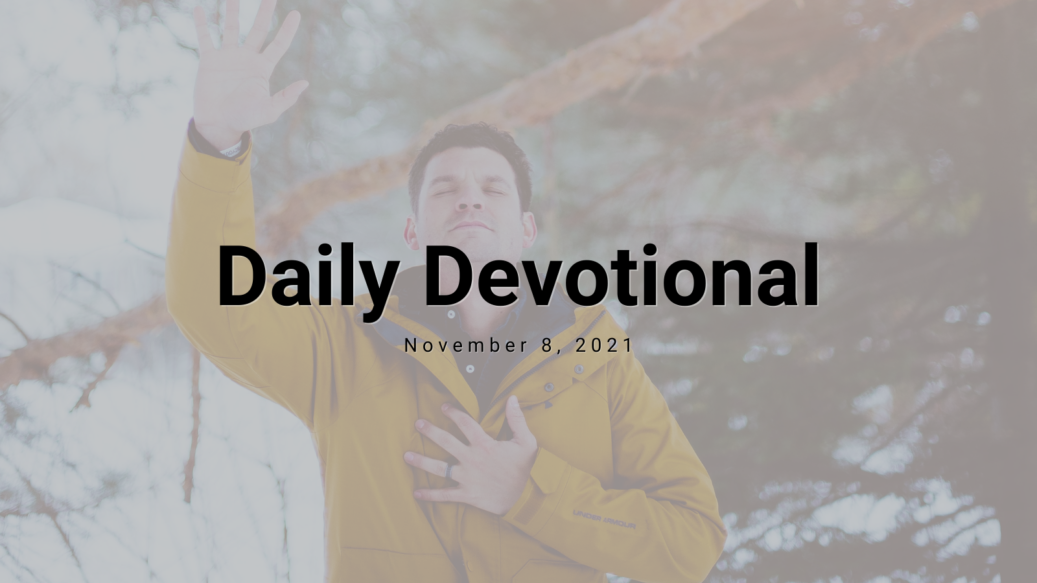Theme of the Week: Heart, Mind, Strength
Bible Verse: “Love the Lord your God with all your heart and with all your soul and with all your mind and with all your strength.” Mark 12:30
Scripture Reading: Mark 12:13-34
How many times have we heard, “Love the Lord your God with all your heart and with all your soul and with all your mind and with all your strength” and “Love your neighbor as yourself”?
We have heard it so often that familiarity has dulled our perception. But if Jesus places the weight of the entire revelation of Scripture upon those two commandments, we must allow their full weight to penetrate us deeper than ever before.
What does it mean to love God with all of our hearts? The word heart is a very significant Bible term, occurring hundreds of times. And it is used almost equally to represent four things: our personality (who we are), our mind, our will and our feelings. It is a comprehensive word in the Bible, used to describe the very core of our being as it expresses itself in what we think, what we choose and what we feel.
God Himself has given us a test – the number-one test – of whether we love God with all of our hearts: it is the extent to which we have followed other gods. We are speaking of course, about idolatry, an issue which is mentioned over 200 times in the Bible.
When I think of idolatry, one question comes immediately to my mind: Why does a God who is absolutely awesome and sovereign get so worked up about hunks of wood and stone covered in gold and silver? Have you ever thought of that? The reason is that idolatry is the most comprehensive description of the sinful imagination of our hearts. It is the most basic shape in which sin comes in this world.
Idols are always created in our hearts in pairs. We are made to worship, and even when we push God out of the picture, we still need gods – something we can worship. And so we create gods in pairs. We create a nearby idol who is small enough so that we still remain in control. And then we create a faraway idol who is big enough to give meaning, but is never close enough to threaten our control.
Why does God warn against idols? Idols are lies, and they deceive us. The nearby idol promises you control and the faraway idol promises meaning, but the nearby idol ends up controlling you, and the faraway idol deserts you in the crisis of life. The very idols that you create to increase your control over creation end up enslaving you. Power, possessions, popularity, positive thinking, expertise, diet, fitness, legalism – all of them become masters that control you. It’s the very nature of idols to deceive. And in the crisis of life (including the biggest crisis of life – death) the faraway idols disintegrate into nothing. No meaning is possible. It is to save us from this double danger of slavery under the guise of freedom and meaninglessness under the guise of meaning that God warns us to repent of our idolatry.
Taken from Heart, Mind, Strength: Loving God With All You’ve Got by Sunder Krishnan, Copyright © 2003 by Sunder Krishnan. Used with permission.
As an Amazon Associate, we may earn commission from qualifying purchases on Amazon.ca. Learn more.
Copyright © 2021 Impactus | Promise Keepers Canada. All rights reserved.
About


